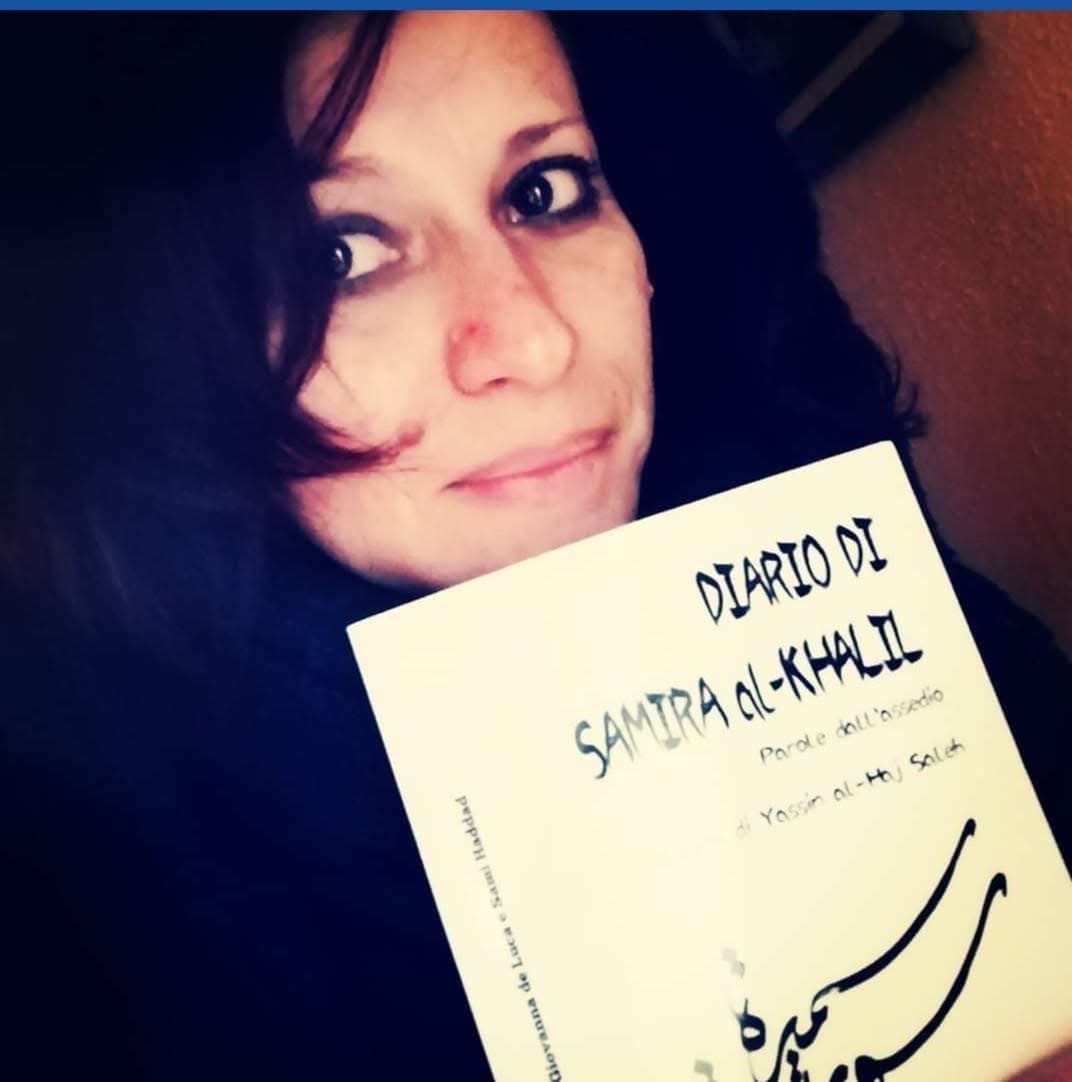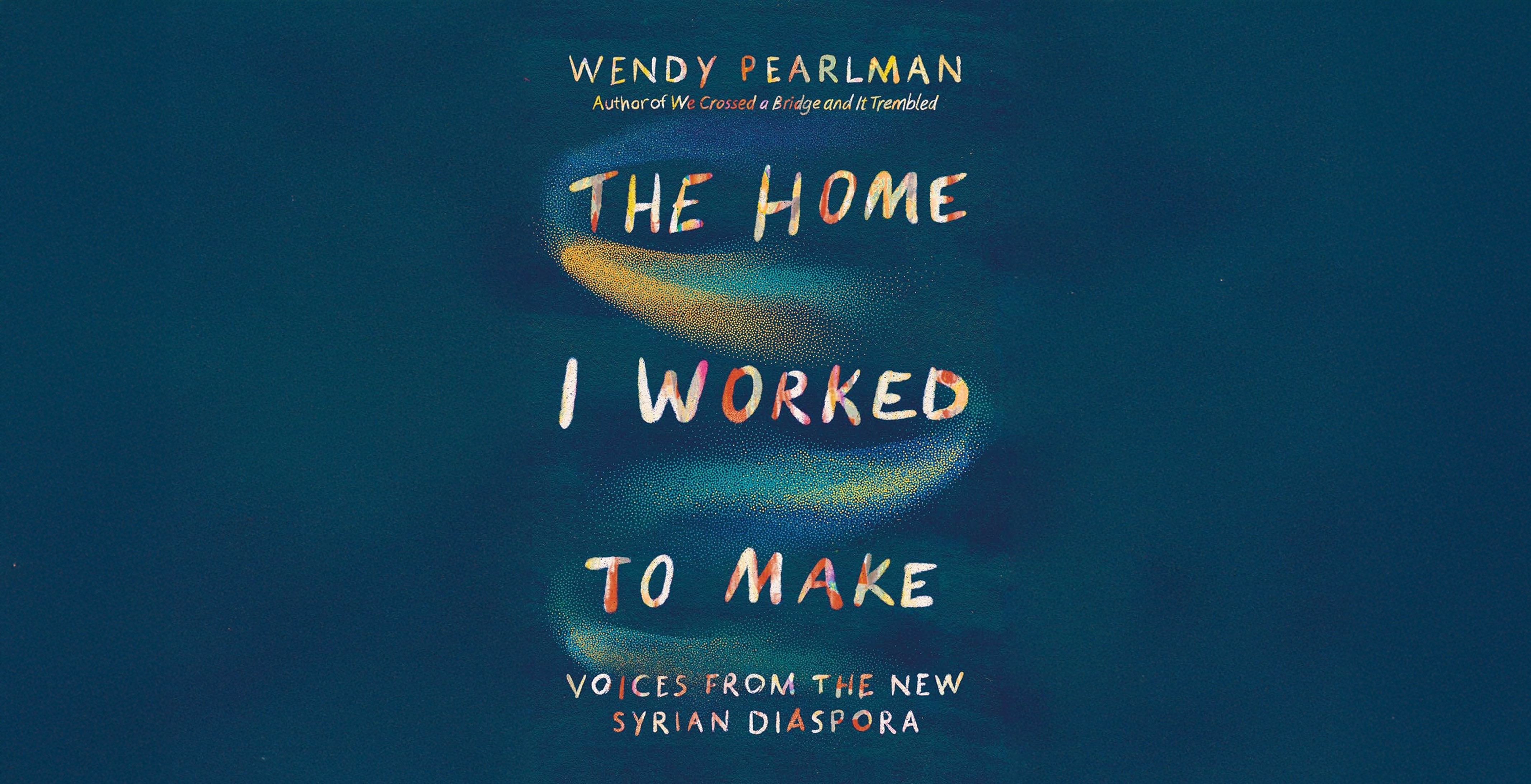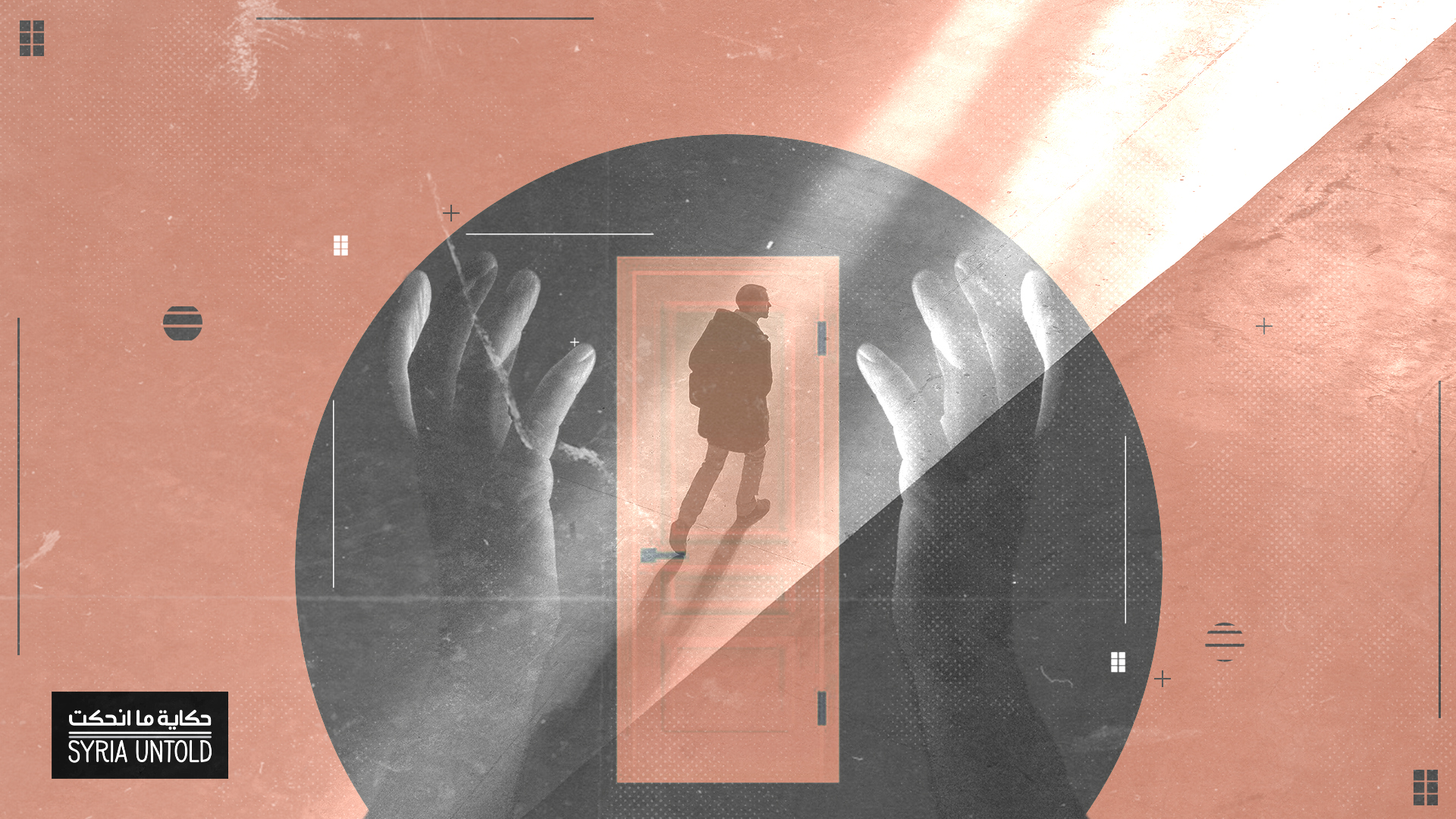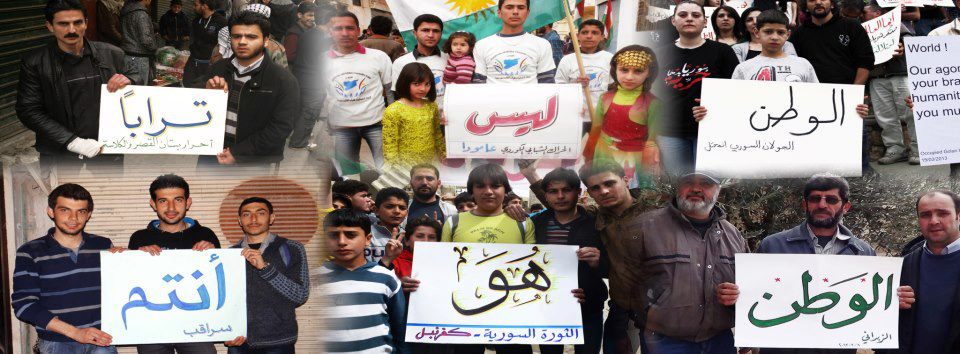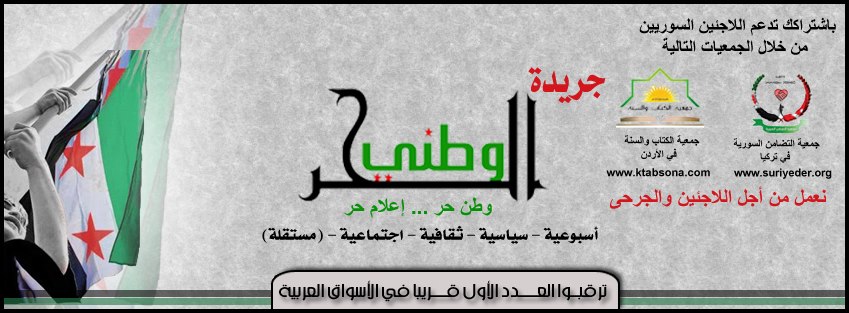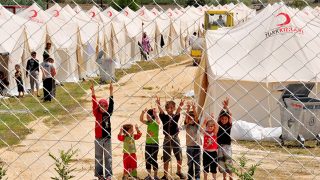This review was written before the fall of the regime and recently updated. Probably today the focus of the author would have been totally different.
In 2011 Syrian people crossed a bridge, the bridge of their fears, trying to go on the other side, the side of freedom and justice. It was a long and difficult path, as Razan Zaitouneh has put it: “The long road is riddled with obstacles and mines. Only luck determines whether a person crosses it safely. This dark road is lit only by faith and the shattered remains of dreams.”
“We crossed a bridge and it trembled” was the title of the book written by Wendy Pearlman, Professor of Political Science at Northwestern University, where she also holds the Crown Professorship of Middle East Studies and serves as the Interim Director of the Middle East and North Africa Studies Program. In the book published in 2017 we can read last century’s history of Syria, the social origins of the Revolution, why people decided to take arms and the Free Syrian Army was created, how the foreign countries entered into the conflict. She collected the stories of Syrian people who took part in the Revolution, how they broke the wall of silence and for the first time asked for a better country. After 13 years have passed, the main questions raised concern the price paid for the Revolution, with millions of dead, displaced and forced missing people. Is the fall of Assad the only way to create a free country? People answered that, well, the price paid had been immense above all because Assad was still there. [Try to imagine now millions of people watching the images of the free Syria flag weaving and Hafez Al Assad's statue falling down or watching the doors of Sednaya prisons and many others open. They wouldn't believe what they were watching.]
Wendy Pearlman published her new book in July 2024, “The home I worked to make, voices from the new Syrian diaspora”. She collected voices, stories and experiences of Syrian people who left the country and were exiled to other countries.The Palestinian intellectual Edward Said said that “true exile is a situation of terminal loss”. A third of the refugees exiled in the world are Syrians: 5,5 millions are settled in Middle East country, 1,5 millions in Europe, 7,2 millions internally displaced (90% of them live below the poverty line and 60% has not access to food, water or electricity), 368,000 live in other countries. Syrian people are distributed in more than 137 countries in total, a “Syrian archipelago” as the writer Yassin al Haj Saleh suggests. Wendy Pearlman started asking everyone: "What does Home mean to you?”
What does Home mean to you?
“Few have considered what the extraordinary experiences of Syrians can teach us about something so common that touches every human life: Home.” Pearlman’s investigation leads to a series of stories that paint a picture not only of the traumatic diaspora, but also of the depth with which Syrians cope with exile from their country.
Tracking her subjects’ evolving emotions, Pearlman uses their experiences to shed light on the idea of Home; she contends that, because most Syrian refugees had planned to spend their lives in the same towns in which their families had dwelled for generations, they possess uniquely poignant views on the topic. The accumulated weight of their often harrowing narratives reveals that those who succeeded in reaching the “living” stage had to labor hard at the task of nurturing a sense of home within themselves. Starting from leaving, because the country is not safe.
For example Okba was travelling abroad and could not return, Nour had to leave because her family decided it or Ghani and Alma had been arrested arbitrarily from the regime forces and decided to leave to avoid other problems. Leaving is in most of the cases tragic, people have to pay smugglers to get out of the country, have to wait many times for a visa to live in an EU country, have to cross Eastern Europe borders illegally or decide to make the journey by sea (54,000 people died or disappeared at sea from 2014 to 2023). Most of the time Turkey is the first step of the journey. It gave thousands of citizenship to Syrian people but the arrival of so many people created a wave of racism and hate. Something similar happens in Lebanon where the government wants to send thousands of people back to Syria saying that the country is safe...similar ideas are spreading also throughout some European countries.
Once I was… in Khartoum, I saw a funeral gathering… and started to cry. Not because it was a funeral, but because everybody there knew each other.
An estimated number of more than 125,000 people are going on a contrary path, after the fall of the regime: from Turkey to Syria, or from Lebanon to Syria, who already started crossing the border since the end of September with the Israeli invasion of Lebanon.
Many different stories in the destination countries: a gay refugee defines his home as a place where he can be himself. After a start in Trogen, Germany, a refugee who insists on being useful to his new community led to a loving relationship with a German woman who insisted he call her “Oma,” the German word for grandmother. In Turkey, a devastating earthquake helped an Australian Syrian realize the depth of care he could expect from his new Australian community.
Questioning ‘exile’
23 July 2021
In another story, a doctor chronicles a life-changing experience in Khartoum, Sudan, that reconnected her with her faith. On the contrary there is also an example of a girl that decided to put the veil apart and totally mix with society.
There is also a story of a refugee who says: “If I feel good in South Africa it is because I'm treated like a human being, not a third class citizen”. Pearlman maintains the focus on the voice of refugees collected until August 2023.
In Sudan another girl says: “Once I was… in Khartoum, I saw a funeral gathering… and started to cry. Not because it was a funeral, but because everybody there knew each other”.
Kolan from Sweden, feels like an animal out of his habitat.
My homeland lives within me, and I live in it,
Lina from Germany affirms: “Deep down, the past is there, try to find yourself here and there your identity can be reached”.
“My homeland lives within me, and I live in it,” says Ahlam from Idlib. There are many kinds that belong to Syria. A sense of belonging that can be transported by you.
The sense of home can depend on one's attitude, good or bad experiences around the world can define it, but finally we can say that we are the home. If we are the home, we will never be exiled.


